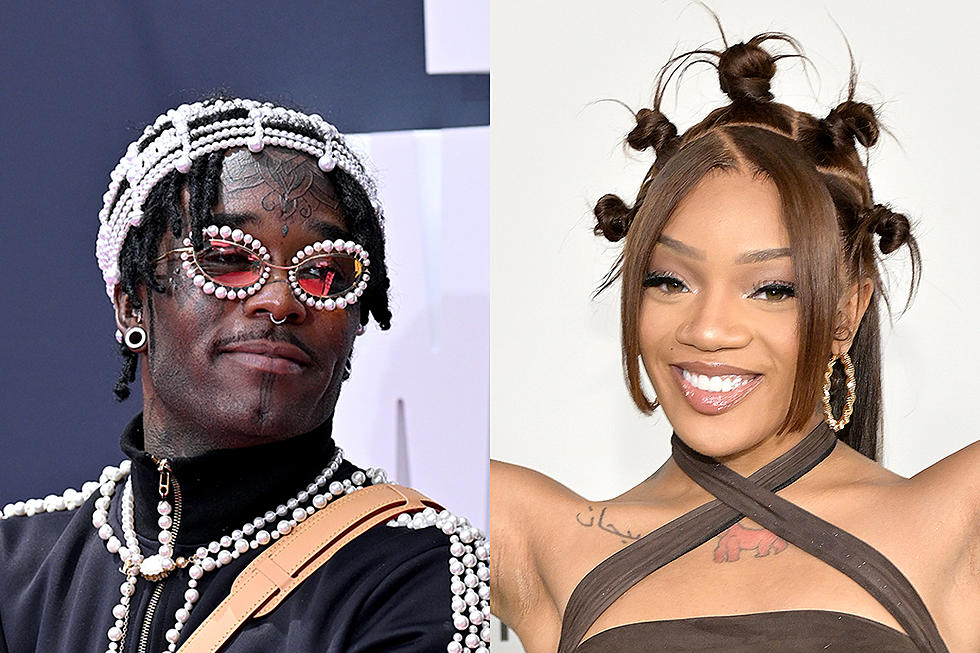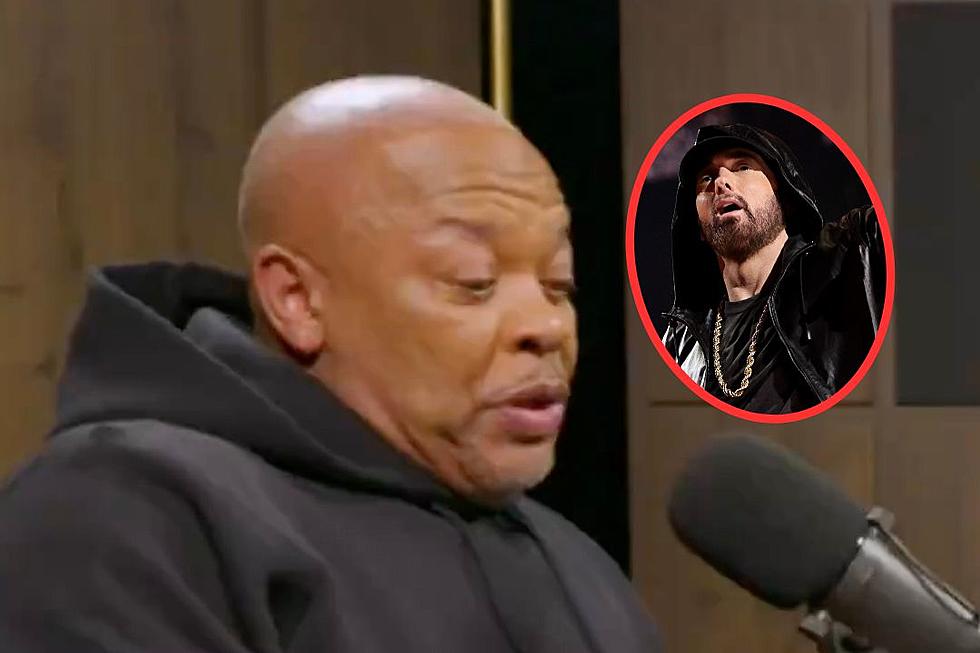![Nate Dogg “Free My Soul” [May 2011 Magazine Story Excerpt]](http://townsquare.media/site/812/files/2011/04/Natedoggfeature.jpg?w=980&q=75)
Nate Dogg “Free My Soul” [May 2011 Magazine Story Excerpt]
WORDS MICHAEL A. GONZALES
**THIS STORY ORIGINALLY APPEARS IN THE MAY 2011 ISSUE OF XXL ON SALE NOW**
When Nathaniel Dwayne “Nate Dogg” Hale died on March 15, at the age of 41, following complications due to separate strokes in 2007 and 2008, rap music lost its all-time greatest hook man, a true blues-based godfather of hip-hop soul. In a career that lasted almost two decades, Nate sang in accompaniment with the biggest stars in the game, blessing many monumental hits with his velvety croon: Snoop Dogg’s “Ain’t No Fun,” 2Pac’s “All About U,” Fabolous’s “Can’t Deny It,” Dr. Dre’s “Next Episode,” Ludacris’s “Area Codes,” Eminem’s “’Till I Collapse,” Mos Def and Pharoahe Monch’s “Oh No,” 50 Cent’s “21 Questions.” The list goes on.
“I can still remember flying to Cali to work with Nate Dogg,” Mobb Deep’s Havoc recalls of the 2004 Cali-Queens collaboration “Dump.” “We had never met him before, but me and Prodigy couldn’t wait to work with him, because he was that dude. He was a low-key guy, kind of mysterious, but we was happy he was there. We appreciated him as an artist.”
Before Nate Dogg’s blunted baritone started creeping through America’s booming systems—beginning with the Donny Hathaway homage “Lil’ Ghetto Boy,” on Dr. Dre’s landmark 1992 album, The Chronic—having a soul singer on your record was often considered corny. “Hook singing in hip-hop goes back to, at least, TJ Swan on ‘Nobody Beats the Biz,’” says critic Nelson George, author of Hip-Hop America (Penguin, 1999). “But until Nate Dogg arrived on the scene, no one had made it into an art form. His voice was insinuating, sexy and sinister.” Charlie Wilson, lead vocalist for 1970s funk heavyweights the Gap Band, agrees. “Nate Dogg was just incredible,” he says. “He brought the real R&B element to hip-hop. He had that old-soul thing that helped strengthen rap songs. Nate Dogg put that puzzle together.”
Born on August 19, 1969, in Clarksdale, Mississippi—the storied delta town that birthed blues legends Son House and John Lee Hooker and soul stirrers Sam Cooke and Ike Turner before him—Nate Dogg came to singing as naturally as he did to breathing. Like so many of the greatest voices, his was honed in a gospel choir. “I literally grew up in the church,” Nate said in a Vibe magazine interview in 2001. His father was a strict preacher man who, years later, would throw his son’s solo record in the trash because he didn’t approve of the cursing. “We lived above the sanctuary. Even if we were sick, we had to turn on the intercom and listen to the service.”
FOR MORE NATE DOGG GO TO PAGE 2
When he was 14, Nate’s parents divorced, and he relocated to Long Beach, California, with his mom and five siblings. Acclimating to the land of palm trees, hip-hop and gangbangers, Nate attended Long Beach Polytechnic High School, where he met Calvin Cordozar Broadus Jr. a.k.a. Snoop Doggy Dogg.
Influenced by the likes of LL Cool J, Run-DMC and Special Ed, Nate and Snoop would trade rhymes in the back of the gym. “We were 16 at the time,” Nate told author Nina Bhadrehwar early in his career. “I could rap, but not as good as Snoop could, so I’d sing and make hooks for what he was rapping about.”
In 2004, Nate Dogg told Vice magazine that he wrote his early songs at his grandmama’s house, on Lime Avenue. “My idols were Marvin, Stevie, Maurice White from Earth, Wind & Fire,” he said, “but I was also into Thompson Twins’ ‘Hold Me Now’—I listened to it all.
“I remember sitting up in my room, writing melodies. I didn’t know nothing. I was on some New Edition shit. The first song I wrote was called ‘Baby Darling Darling Girl,’ and you know what’s funny? It went, ‘Baby darling/Darling girl/I really love your Jheri Curl.’ I thought it was tight as hell.”
Nate joined the Marines for three years after high school. He was dishonorably discharged, though, after a bizarre incident in which he held his then-girlfriend and his cousin captive for two days, after finding them in bed together. Returning to Long Beach in 1991, he got back together with Snoop and another homeboy, Warren G., and formed a trio named after their local area code, 213.
“Those guys always supported one another,” says Los Angeles–based publicist Gwendolyn Priestley, who became friendly with Nate in 1998, when he launched a solo career on Breakaway Records. “The bond between all those guys was always so tight. They were like a fraternity.”
It’s an oft-retold story: the night that Warren G. played a tape of 213 at a house party and his stepbrother, Dr. Dre, who’d recently split from N.W.A and Ruthless Records, found himself entranced by Snoop’s smoky voice. Snoop and Dre would form the musical nexus that launched Death Row Records, and Nate, along with folks like Daz and Kurupt, RBX, and the Lady of Rage, became a part of the crew.
On the phone from her home in Los Angeles, Rage remembers her old friend. “Nate wasn’t much of a talker,” she says. “But he had a smile that could light up a room. When it came down to work, he was a complete professional. One minute he’d be playing video games, and the next he was putting his cool voice on tape. He developed his signature sound, and people from everywhere began to notice and sought him out.”
**TO READ THE REST OF NATE DOGG’s FREE MY SOUL STORY, PICK UP THE MAY 2011 ISSUE OF XXL. ON SALE NOW.**
More From XXL









